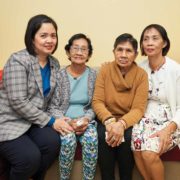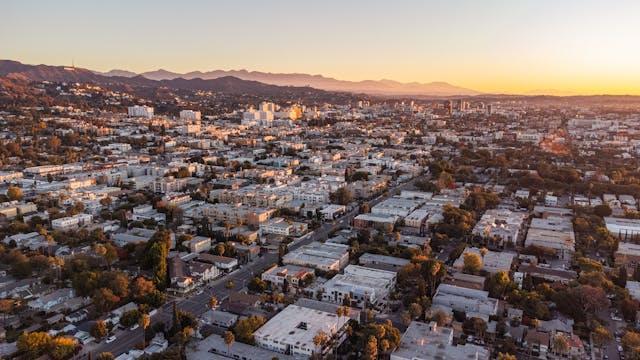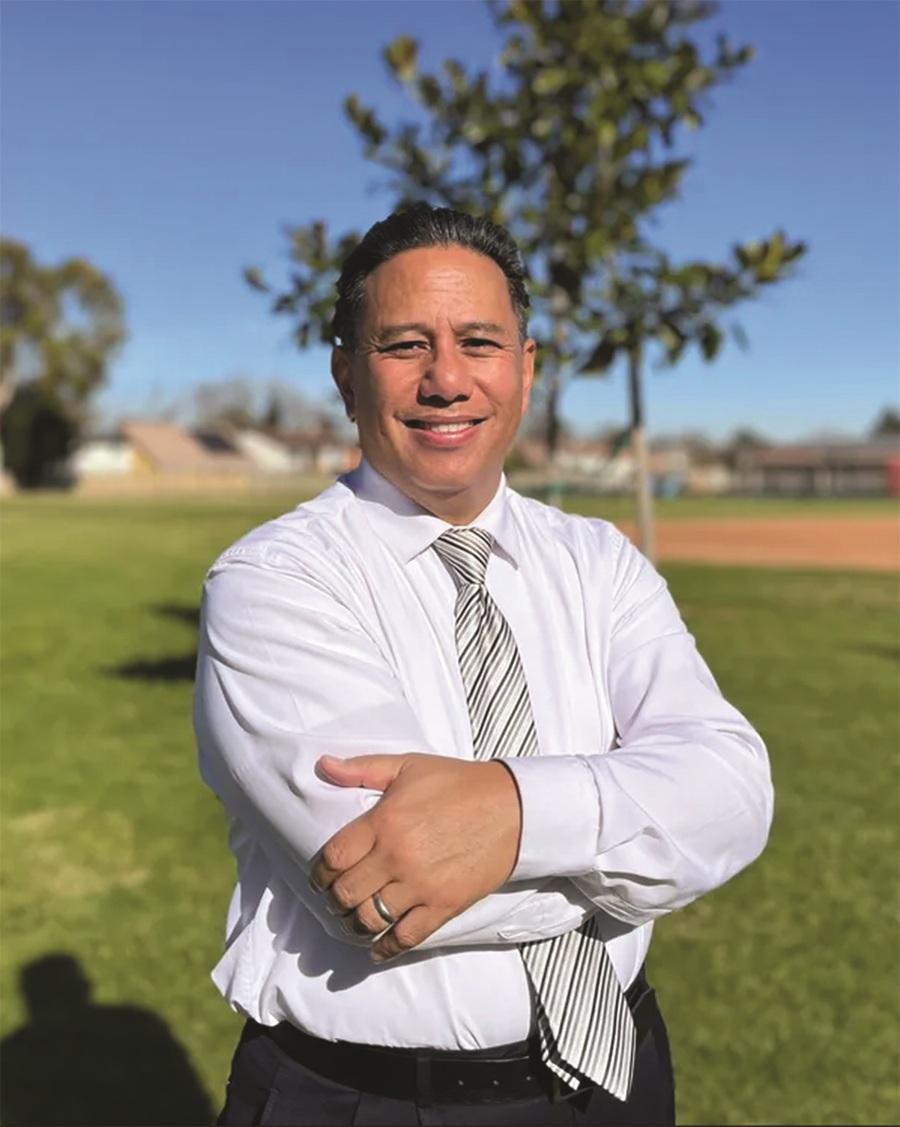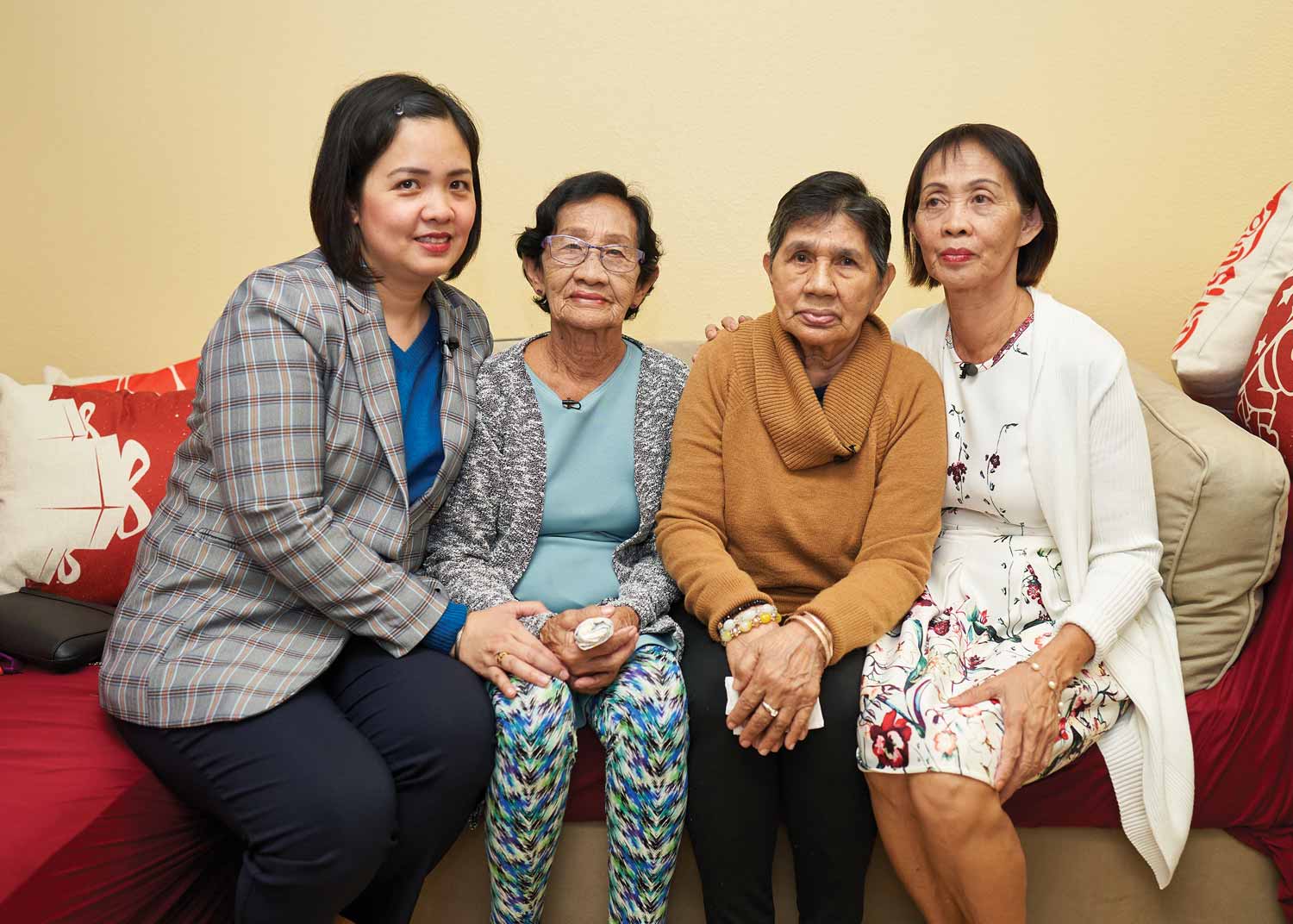
LOS ANGELES — An 83-year-old Filipina human trafficking victim reunited with three family members this week after 65 years apart.
In an emotional reunion, Fedelina Lugasan — fondly known as “Nanay Fedelina” — was surprised by her older sister Eunila Cinco on Monday, March 9 after securing a visa to come to the United States. Cinco was accompanied by her daughter Luz Alabado and granddaughter Chrystine Abcede.
Originally from Leyte, Lugasan had worked since she was a teenager as a domestic helper for four generations of Benedicta Cox’s family, first in the Manila, before they brought her to the United States in 1980 where they settled in Northridge, a city north of Los Angeles.
“[Nag] papasalamat [ako] sa inyong lahat ng tumulong sa [Pilipino Workers Center (PWC)] at sa Consul (I want to thank you all who helped at PWC and the Consulate),” Lugasan tearfully said on Tuesday, March 10 during a celebration at PWC’s office in Historic Filipinotown, the nonprofit organization instrumental in her journey to freedom.
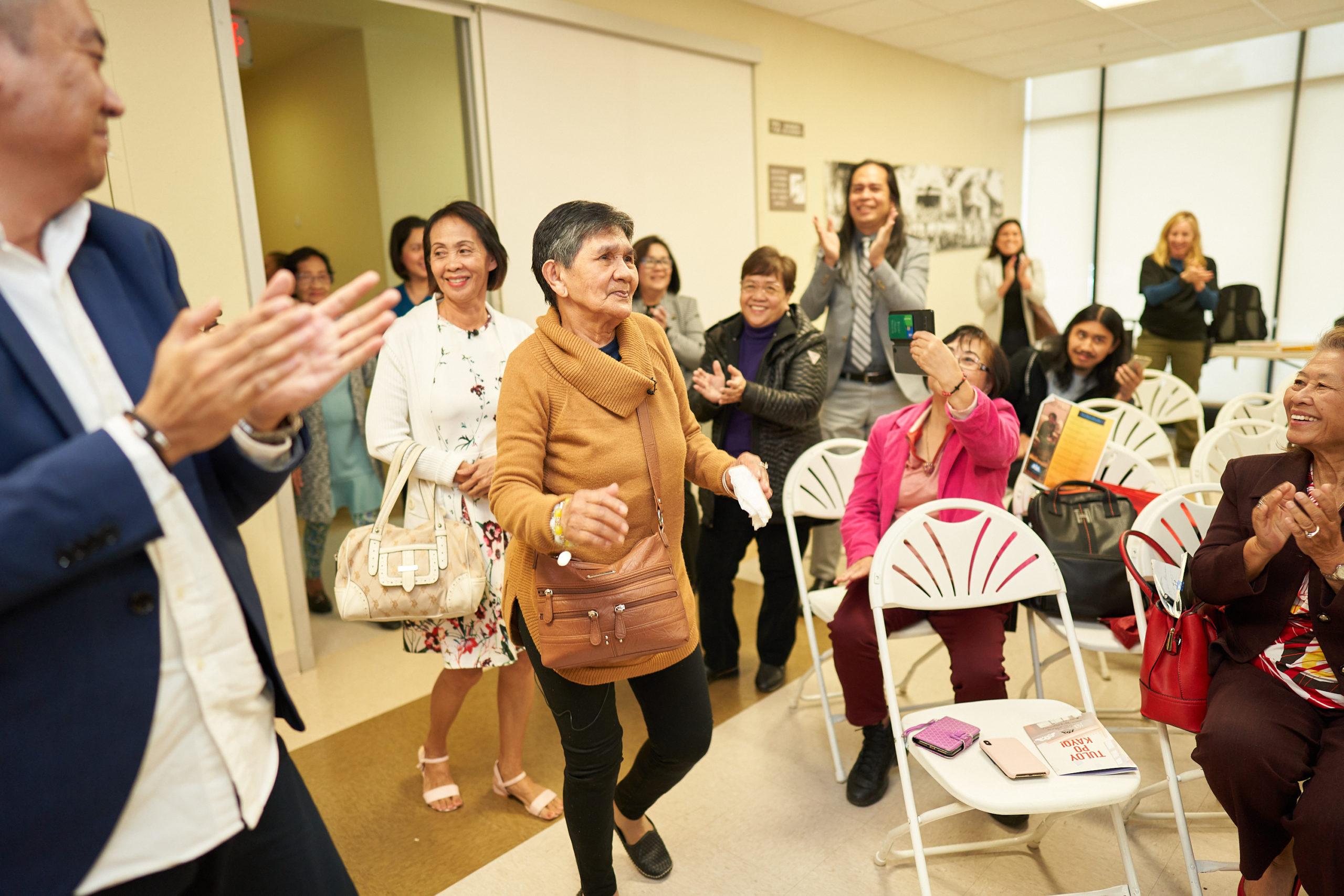
During her time with the Cox family, Lugasan did not receive any days off and was not paid for her work, which included taking care of the children and then grandchildren and household chores.
Her relatives had feared that she had died or started her own family because they lost contact about three years after she left the Philippines and no one had provided any updates on her welfare, Alabado told attendees on Tuesday.
“Hindi ko alam bakit ginanon siya because before siya umalis maayos naman usapan namin (I don’t know why they did that to her because before they left, our conversation was smooth),” Alabado said, adding that she had visited her aunt and gave her things before her trip to the United States.
But in reality, Lugasan’s passport, birth certificate, and other important documents were taken away from her, and she was subjected to physical and verbal abuse through the years. She also slept on the floor at the house, according to previous reports.
When her elderly employer Benedicta Cox was hospitalized, Lugasan watched over her but was unable to rest or eat for days, leading to her vomiting and collapsing. A nurse at the hospital alerted law enforcement, which resulted in the FBI searching Cox’s residence and the eventual rescue of Lugasan in 2018.
The FBI alerted the Philippine Consulate General in LA, the Asian Pacific Islander Human Trafficking Task Force, the U.S. Committee for Refugees and Immigrants and PWC about Lugasan’s case.
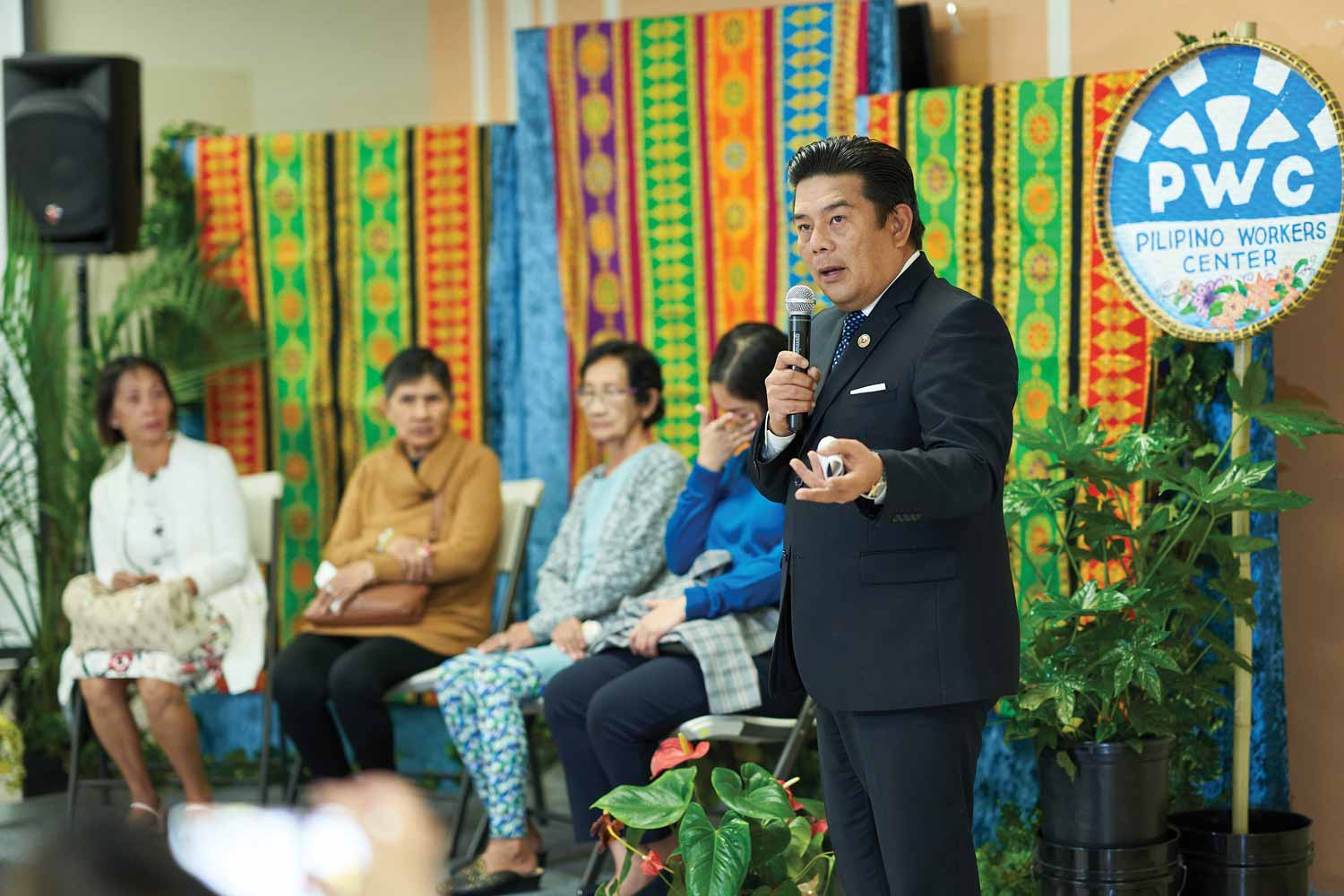
“I’ve been in the service for almost 25 years and prior to [LA], I was assigned to the Middle East and…believe it or not, we handled over 20,000 cases of assistance to nationals, Filipinos who were abused, who were not given proper salaries…But one case in my career stood out and that is the case of Nanay Fedelina,” Philippine Consul General Adelio Cruz said on Tuesday. “We are now witnessing a miracle and through the collective efforts of people here, we were able to save Nanay Fedelina, give her justice and bring her family here to meet her.”
The Philippines continues to be a large source of human trafficking and labor exploitation in the United States, PWC’s Executive Director Aquilina Soriano Versoza told the Asian Journal. The organization is currently working with close to 100 Filipino victims.
“Filipinos are striving to improve their lives and here in the United States, the immigration laws make people more vulnerable,” Soriano Versoza said. “For many, their immigration status is so tied to their employer that it’s easy for them to abuse. When they get here, it’s not what they expect and they don’t have the resources and don’t know the system so they stay vulnerable.”
PWC had estimated that throughout her decades of work, Lugasan’s back wages come to about $1.6 million, using California’s minimum wage at the time she began employment with the Cox family in 1980.
But after months of investigation, Cox was put on house arrest in 2019, sentenced to probation for five years and ordered to pay $101,119.98 in restitution. Cox died about six months into the arrest.
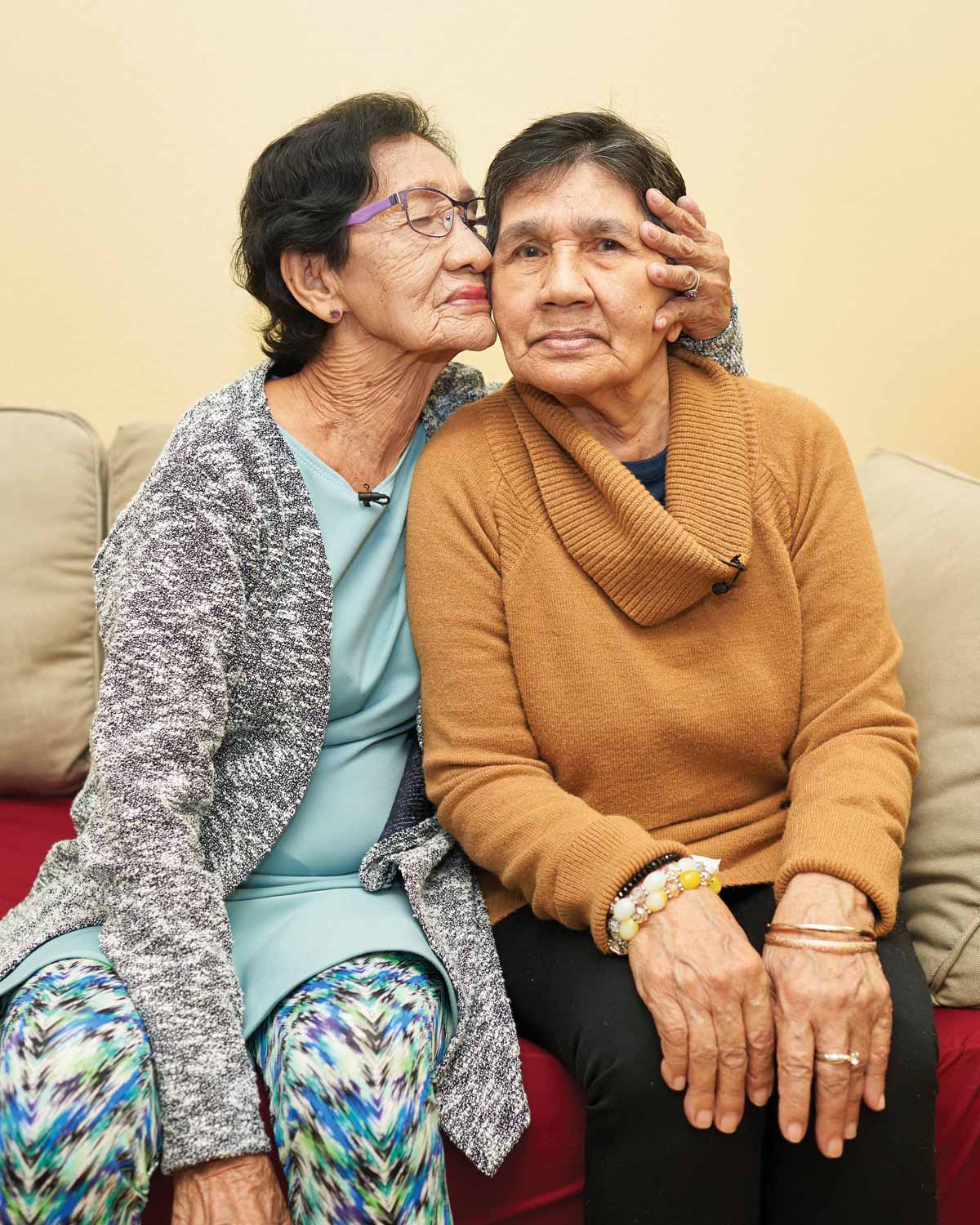
Reuniting
Since her rescue, Lugasan has lived at a skilled nursing facility in Long Beach, where she now has her own room and has made friends with other residents.
Lugasan celebrated her 83rd birthday with her newfound community last summer, saying it was the first time she had ever celebrated her special day.
Meanwhile, as Lugasan’s story was being shared through various media platforms last year, Abcede told the Asian Journal that someone had sent an article to the family.
She then reached out to a friend who lived in Los Angeles who helped her call the hospital Lugasan was admitted to and then PWC’s office and the FBI.
“We didn’t get any information after, I think, about a week or two after sending them proof that we are the relatives. I understood because they were probably validating the information I gave them,” Abcede said, adding the only memory she had of Lugasan was talking to her on the phone and receiving a doll as a present.
Lugasan had the opportunity to meet Philippine Ambassador to the United States Jose Manuel Romualdez during his visit to LA last fall, when she expressed her desire to return to her hometown and see if her siblings or other relatives were still alive.
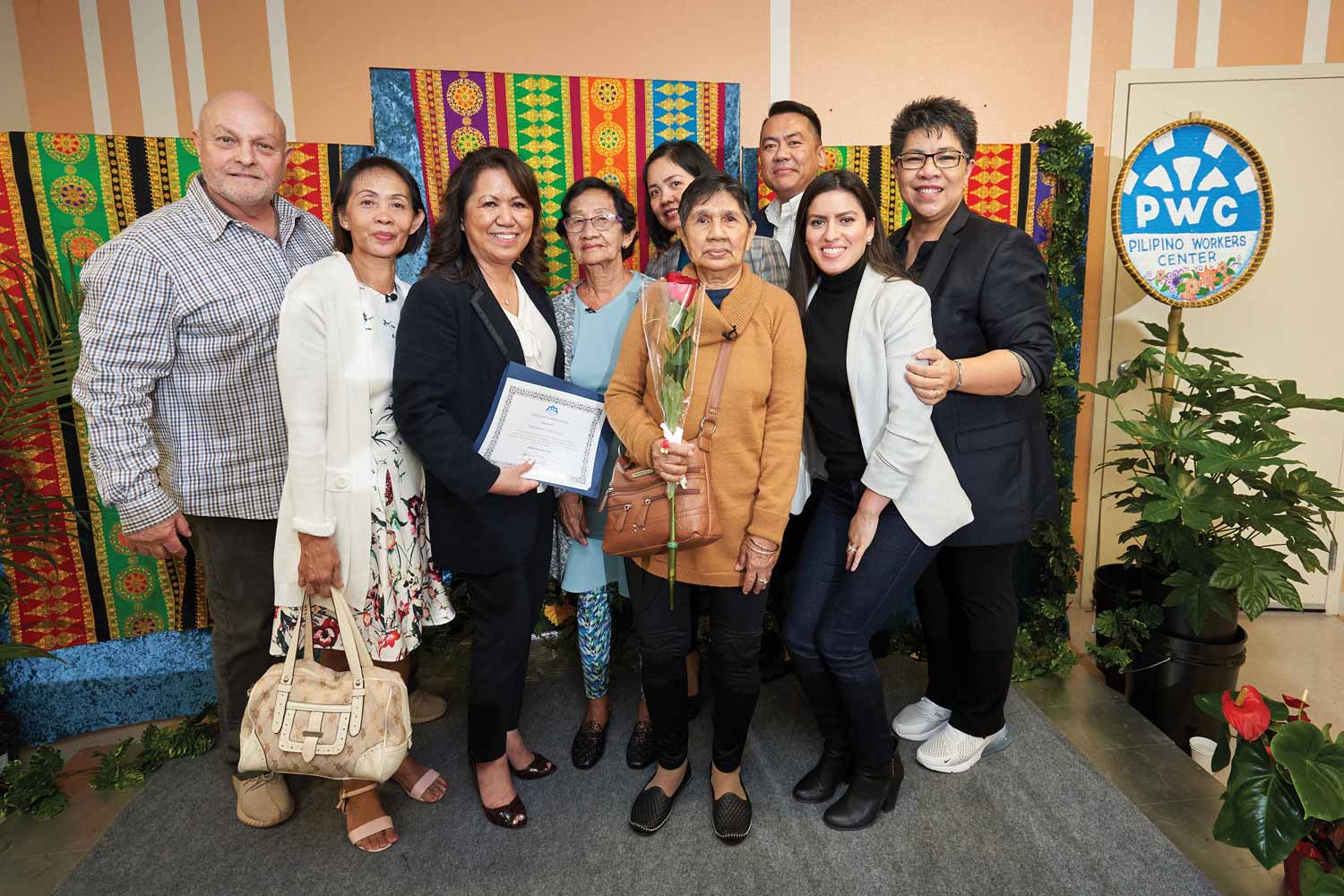
Lugasan, who is under a T visa for victims of human trafficking, cannot go back to the Philippines yet, so the Consulate and embassy had helped expedite the process of securing a U.S. visa for her older sister, who is the only surviving sibling.
With Lugasan’s freedom, she hopes to bring awareness to the plight of human trafficking victims and encourage the community to help report any incidences.
“There’s not one thing to spot a human trafficking victim but there are a few red flags, like individuals who don’t seem to have as much freedom to go around by themselves for example, or don’t have access to their own passports,” Soriano Versoza told the Asian Journal. “It is hard to identify all the time but even if you have like a sliver of an inkling that maybe something right isn’t happening…being ready with resources is helpful in letting that person know that there is a place they could reach out to if they needed to.”
While the family’s end goal is to bring Lugasan back to her native country, they said the next three weeks together here in LA will be about spending as much time together and enjoying some sightseeing.
“We won’t be able to bring back the sixty years she has been gone, but we will spend the next three weeks to bond with lola just to make her happy,” Abcede said.
If you are in a similar situation or you know someone who may be experiencing exploitation and abuse, please contact the Pilipino Workers Center at (213) 250-4353.


